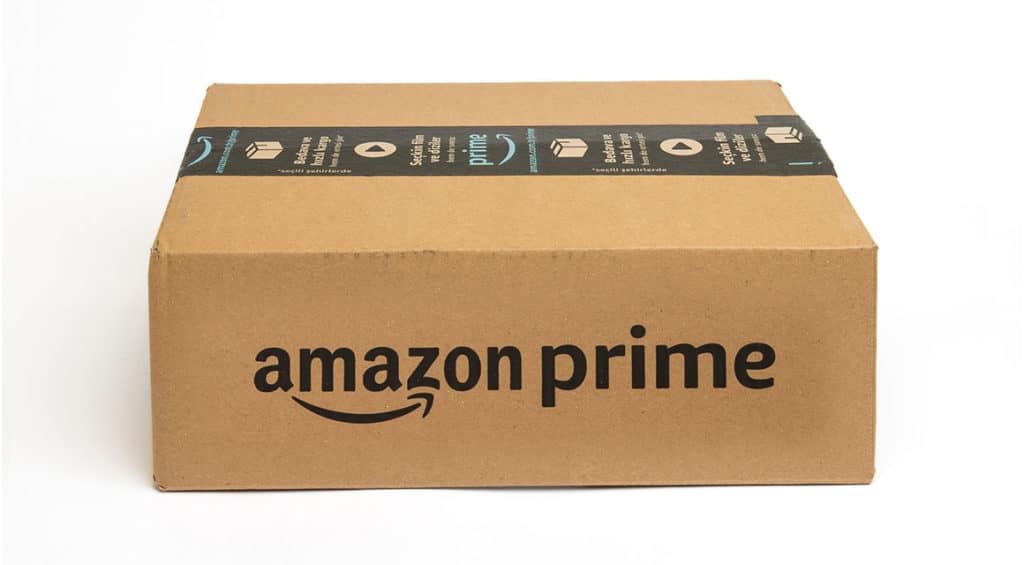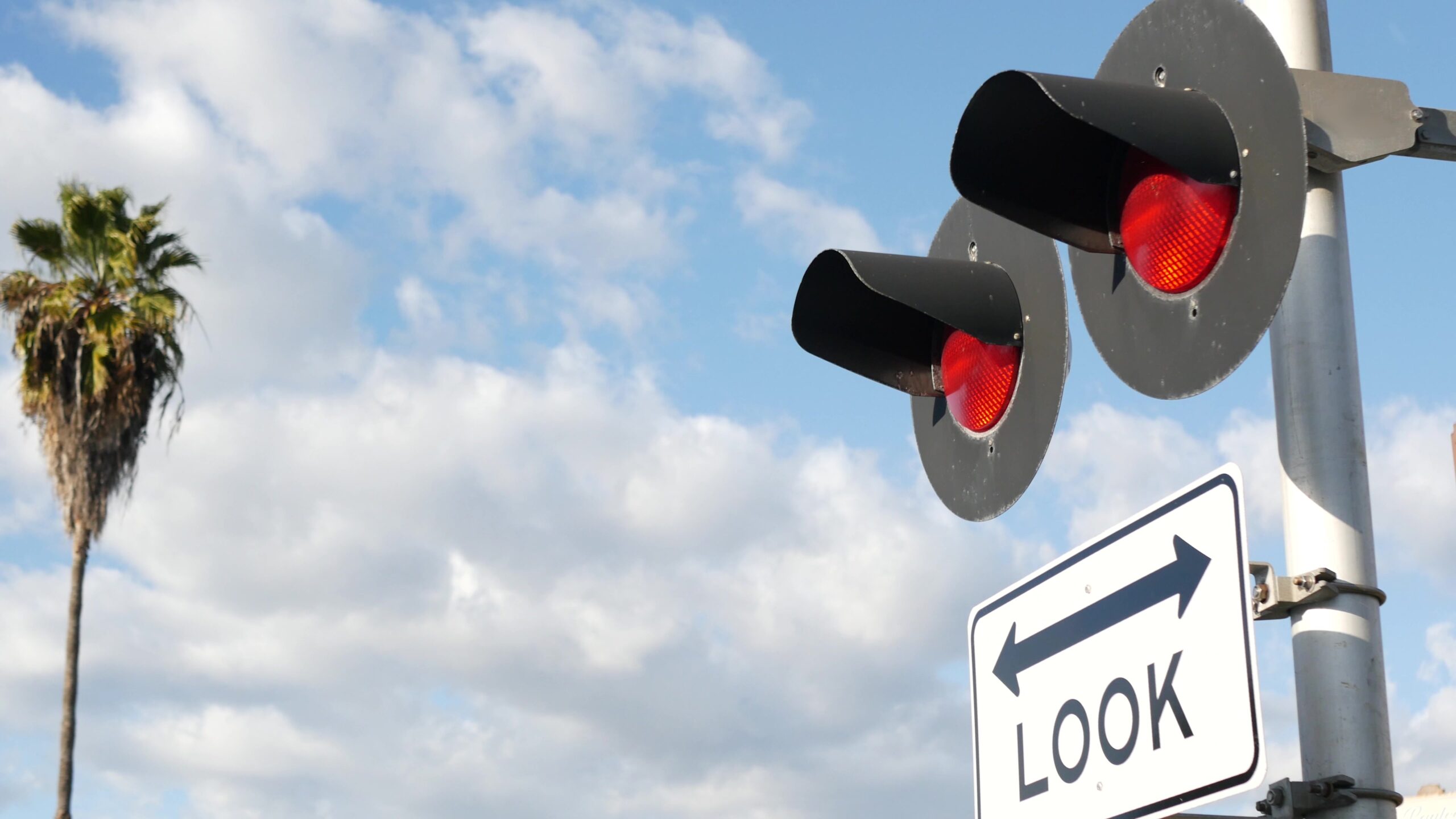In the age of COVID, getting your products delivered right to your door became something everyone is very accustomed to. E-retailers like Amazon provide an easy way to purchase products online through their site, but what happens when someone gets injured from a product they purchased? Can legal action be taken against Amazon in a product liability lawsuit?
In today’s product liability deep dive, we’ll explore the rights consumers have when it comes to injuries related to products they bought online and current cases examining this very issue.
Recent Product Liability Cases Against Amazon
With so many families turning to Amazon to fulfill their shopping needs during the pandemic, there’s been an uptick in the amount of product liability cases receiving nationwide attention. Recently in Texas, parents of a one year old baby girl filed suit against both Amazon and the seller of a type of remote control they purchased through the site. The young girl swallowed the batteries from the control which had to be surgically removed and damaged the child’s esophagus.
When the parents contacted Amazon, Amazon followed internal protocol and contacted the seller, who failed to respond. This led to a suspension of the seller’s account but little else. The parents then decided to seek compensation by filing suit against both Amazon and the seller under the premise of strict product liability.
This case is extremely important in that it seeks to define Amazon as the “seller” of products on its site. Amazon, of course, rejected this notion and their legal team is fighting the case all the way to the Texas Supreme Court.
Is Amazon the “Seller” of Products?
Amazon’s main argument is that they merely facilitate the purchases made through the site but at least one court has found that Amazon can be classified as a seller since they are “an integral component in the chain of distribution” for several key reasons including:
- Amazon enables the sale to take place.
- Amazon has possession of the products they sell.
- Amazon delivers the products to customers.
- Amazon collects payments.
- Amazon retains control over each transaction.
All of this means that Amazon ultimately enables any sale to happen and could therefore be held liable for products sold on their site under various product liability laws. There have been similar cases across the country, but in several of these, the courts have sided with Amazon based on the laws present in the individual states where the cases were heard.
Regardless, courts across the U.S. are grappling with whether Amazon should be considered a seller, which will continue to affect the responsibility online retailers hold for products they sell for many years to come.
Injured By a Product You Bought Online? Talk to an Attorney Now
Taking on big companies or insurance giants can leave you feeling like no one cares. But being our client’s voice and standing toe-to-toe is exactly what we do at Farah and Farah. No matter what legal issue you may be facing, we’ll always take the time to meet with you and go over what options may be available. Contact us now to get the process started.













